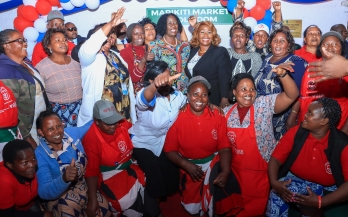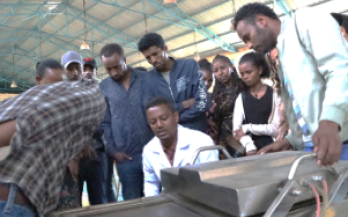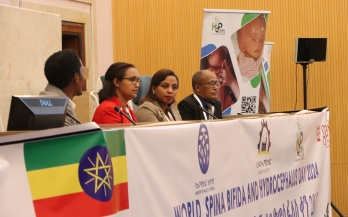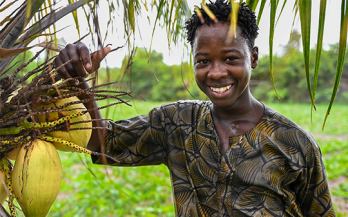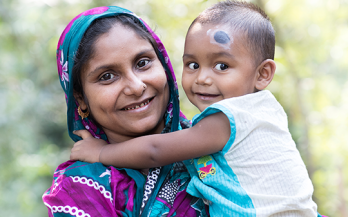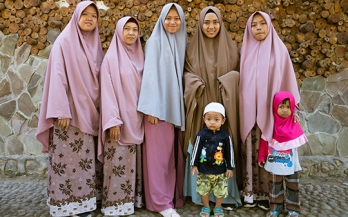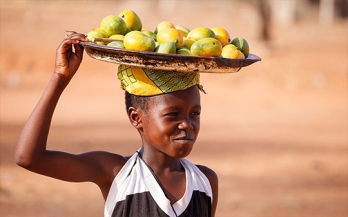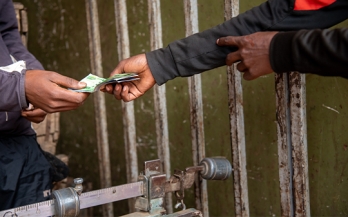Malnutrition and climate change are two of the most pressing challenges facing humanity today – and they are intrinsically connected. While food systems contribute to land degradation and roughly one-third of anthropogenic greenhouse gas emissions, climate change in turn jeopardizes the nutrient quality of staple crops.
On 15th January 2025, the bustling town of Machakos in the lower eastern part of Kenya witnessed a transformative milestone in food systems in Kenya; the commissioning of the Marikiti Market Cool Room. This state-of-the-art facility was officially handed over by the Global Alliance for Improved Nutrition (GAIN) to the County Government of Machakos in an event graced by H.E. Governor Wavinya Ndeti and GAIN Kenya Country Director, Ms. Ruth Okowa.
Human capital is the bedrock on which companies build their success. In Ethiopia's food-processing industry, the capacity and skill of its workforce and entrepreneurs determine the trajectory of the sector. GAIN Ethiopia works to cultivate conditions conducive to private sector growth, from farm to point of sale – by supporting the development of a capable workforce.
Neural Tube Defects (NTDs) occur when the neural tube doesn't close properly during the first month of a mother’s pregnancy. This can result in a range of physical and cognitive disabilities, often requiring extensive medical care, including surgeries, ongoing treatments, and rehabilitation.
The benefits of trade are often viewed in economic terms, but its human impact — on malnutrition in particular — cannot be ignored. Malnutrition stunts development, weakens immunity, and deteriorates bone and muscle health.
Using OpenAI LLM (GPT-4o) and embedding models, GAIN developed a Retrieval-Augmented Generation (RAG)-based chatbot and connected it to a database of 28 publicly accessible food and nutrition policy documents from Bangladesh.
Malnutrition and food insecurity remain a pressing issue in Bangladesh, with significant implications for public health. Despite improvements in agricultural productivity and food security, the country continues to grapple with micronutrient deficiencies (MNDs), particularly zinc deficiency, which affects vulnerable populations, especially women and children.
GAIN's Approach to Nutrition-Sensitive Social Protection
Through partnerships, policy advocacy, and programmes, GAIN works in seven countries to make social protection systems more nutrition-sensitive and better equipped to combat systemic and intergenerational inequities that limit the reach of vital services.
Last month the UN Food and Agriculture Organization released its biennial State of Agricultural Commodity Markets report, and we were delighted to see it focusing on a topic close to our own hearts: policy coherence between trade and nutrition.
As part of a team that has been working on nutrition-focused investing for several years, sometimes feeling like we were the only ones at the table, it’s been an exciting few months! Nutrition as an investment theme really seems to be resonating more widely and gaining traction in diverse places.


